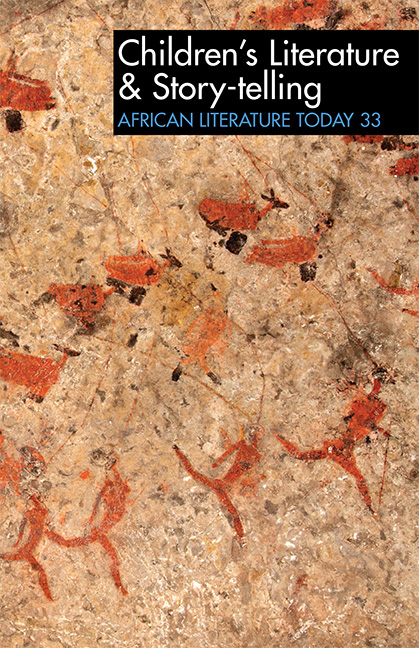Whose Literature? Children in Armed Conflict & Modern African Fiction
Published online by Cambridge University Press: 22 May 2021
Summary
The United Nations defines a child as a person under the age of eighteen. The 1999 Constitution of the Federal Republic of Nigeria (as amended) also considers as of full age a person who is eighteen years and above, so that the term children refers to young people, toddlers and teenagers up to and including the age of seventeen. Therefore, in defining children's literature, many genres are covered: works of art such as prose narratives, drama and poetry; traditional narratives such as myths, legends, fairy tales, riddles, folk tales and ballads; and lullabies created specifically for the listening pleasure of children, from the instant they can with joy leaf through a picture book or listen to a story read aloud to them right up to the age of seventeen.
However, the above definition negates the fact that in many parts of the world, oral tales, songs and drama are enjoyed together in a community irrespective of age, that is, by both children and adults after the day's work, and it also overlooks the kind of literature created by children themselves. It recognizes the fact that in children's literature, children are the target audience so that the uniqueness of this genre lies in the primary audience that it addresses. Since it is produced largely with the interest and needs of children in mind, the content of this literature is limited by the experience and understanding of children, so that the ideas, relationships and language are simple, not complex, and suitable for children's enjoyment. Implied also is the fact that the characters, especially the central ones, are children, since the literature is largely about them.
In its early stages written children's literature in Africa was limited in scope with regard to the issues explored in protecting the child from the harsh realities of life. However, in recent times, children's literature in Africa has shifted away from this need to the depiction of a grittier realism, as in its adult counterpart. This is no thanks to the grim realities of present-day Africa where violence, militancy, terrorism and their attendant pain and suffering have become the order of the day.
- Type
- Chapter
- Information
- ALT 33 Children's Literature & Story-tellingAfrican Literature Today, pp. 69 - 81Publisher: Boydell & BrewerPrint publication year: 2015



